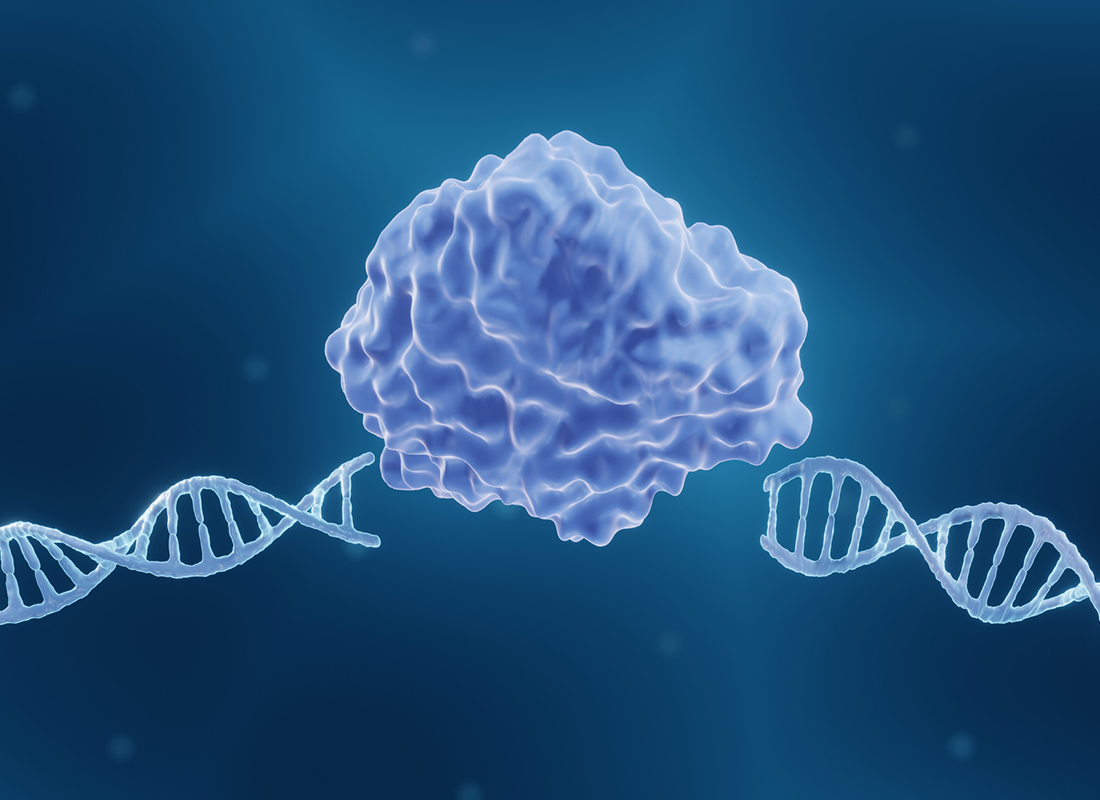The Diagnostics Pipeline: First FDA Approval of CRISPR Therapy Possible This Year
The agency recently announced it will decide in December whether to grant clearance for a CRISPR therapy for treating sickle cell disease.

Subscribe to Clinical Diagnostics Insider to view
Start a Free Trial for immediate access to this article